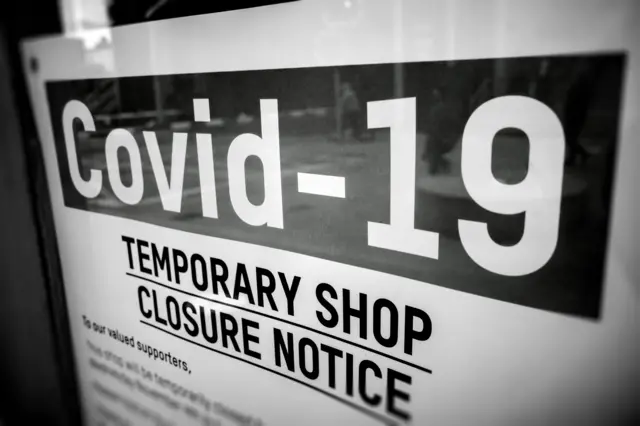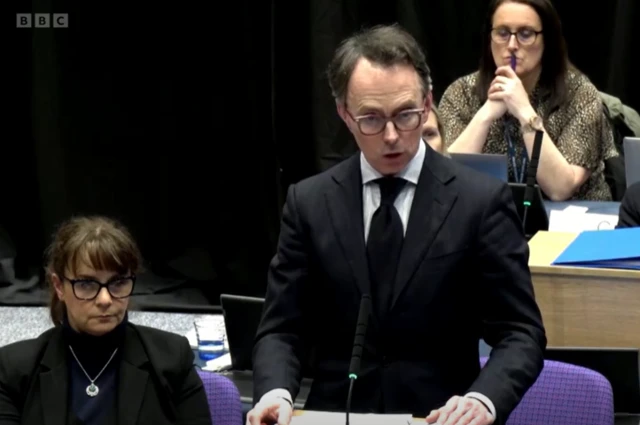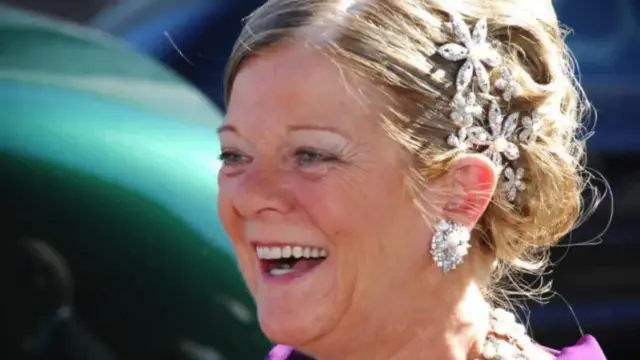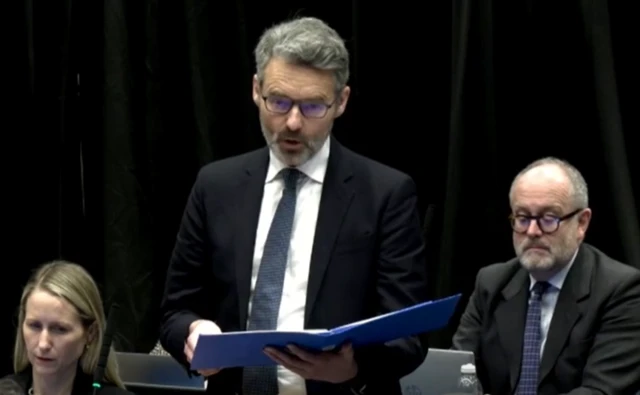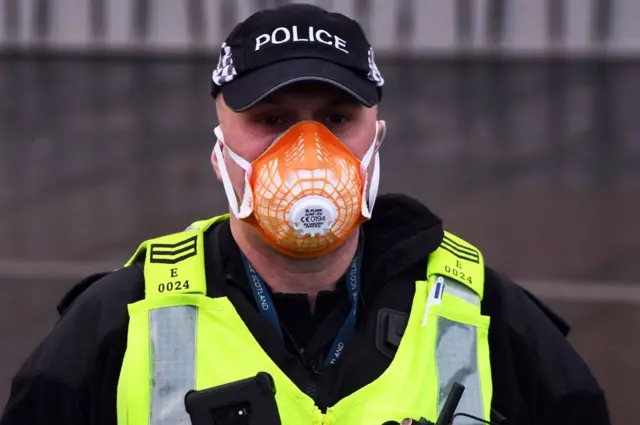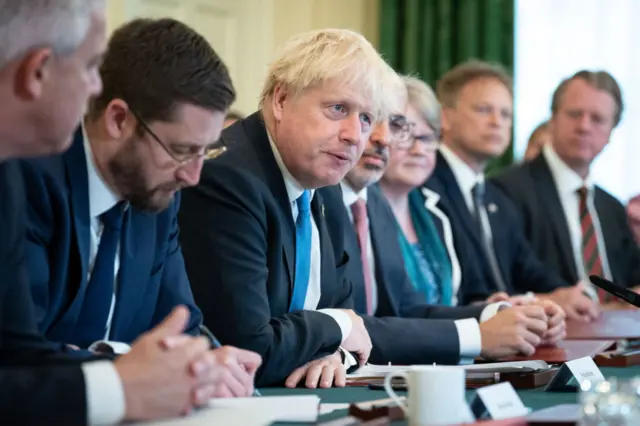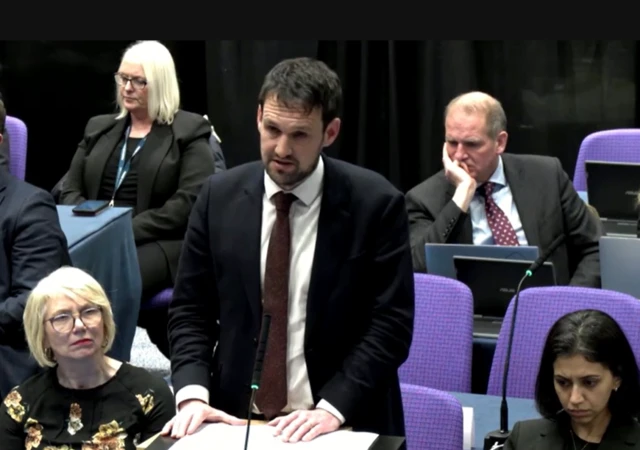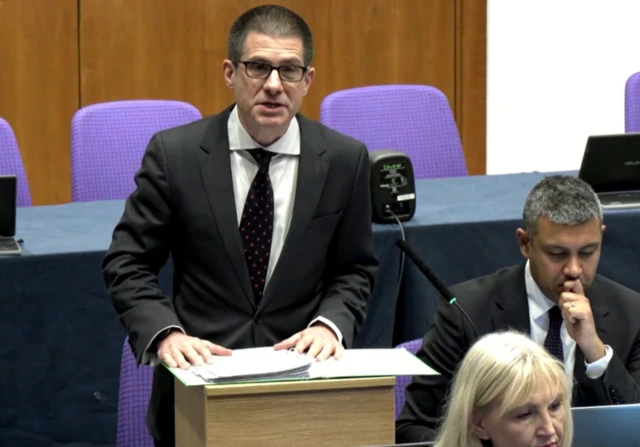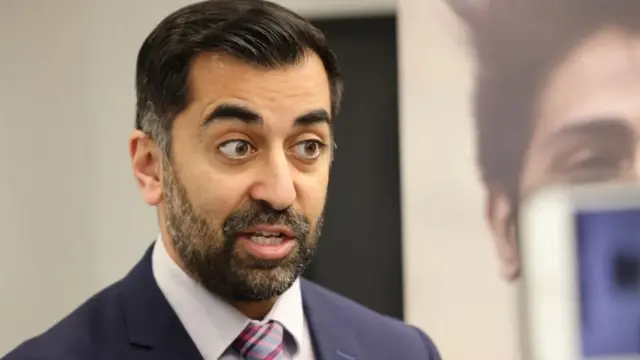UK Covid-19 inquiry: The headlinespublished at 17:06 GMT 16 January 2024
Today's session of the UK Covid-19 inquiry has drawn to a close. If you're just joining us, here are the headlines from today's events in Edinburgh:
- Claire Mitchell KC for the Scottish Covid Bereaved called for Scottish ministers to do better than UK ministers had done in terms of answering the inquiry’s questions directly
- Ms Mitchell, one of several core participant speakers, expressed concern about reports that senior figures had failed to retain their Whatsapp messages
- The Scottish government were accused of a lack of consultation with impacted groups during lockdown and beyond by the inquiry's lead counsel Jamie Dawson KC
- Mr Dawson said the inquiry will examine the political response to the pandemic here in Scotland and will ask if Scottish ministers could have done more or been quicker with their response
- Baroness Hallett began proceedings this morning by saying this is an inquiry for all four nations of the United Kingdom
- A powerful impact video was played at the inquiry with the voices of people in Scotland who had lost loved ones during the pandemic.
Thanks for joining us today. We'll be back tomorrow morning for the beginning of the next evidence session in Edinburgh. Your editors today were Paul McLaren and Craig Hutchison, while the writers were Kirsten Campbell, Ashleigh Keenan-Bryce and Andrew Picken.


